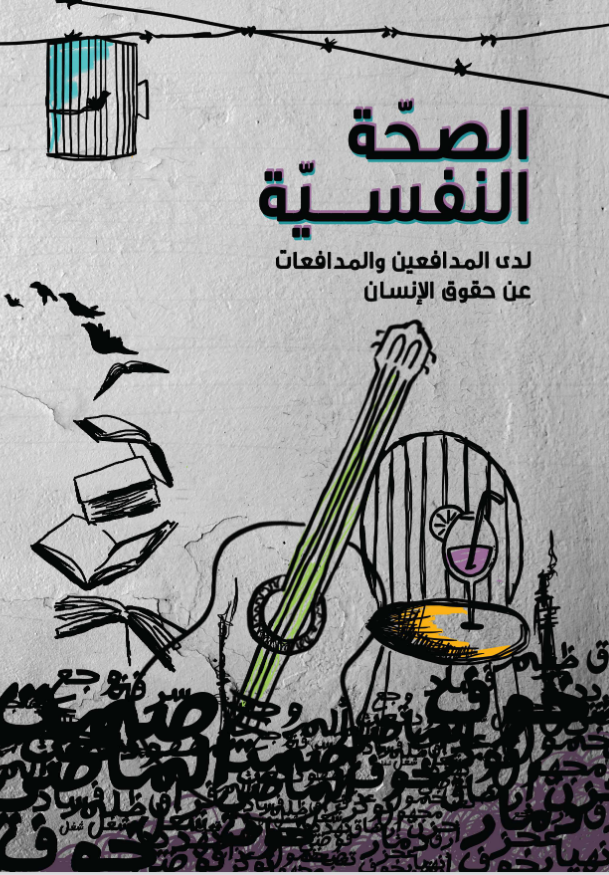What is Stress?
Stress can be defined as the reaction people have to pressures or demands.
Stress is person specific – what stresses one person may not stress another person in a similar situation.
Stress is time specific – what may stress one person at one point in time may not stress them at another time, sometimes because the stress has become cumulative. Stress is context specific – having similar experiences in different contexts, such as one where you have supportive relationships, can fundamentally change the experience of stress.
Some of the symptoms of stress can be:
- psychological – feelings such as anger, anxiety, shame, depression, guilt, jealousy, suspicion, mood swings
- behavioural – passive or aggressive behaviour, irritability, increased food or alcohol consumption, disturbed sleep
- physical – frequent colds or other infections, palpitations, breathlessness, chest pain, faintness, headaches, indigestion
You are advised to see a medical practitioner if you are concerned about experiencing any of these conditions. Some of these symptoms could be the result of different medical conditions. If they are indeed symptoms of stress, your practitioner can advise you on what treatments are available.
HRD sharing their ideas for dealing with stress
These stress-busting techniques were shared at a workshop of HRDs from Africa, Asia, the Americas, Europe and the Middle East in September 2008:
- Writing (I sometimes do automatic writing – that is, writing without thinking what is coming out of the pen)
- Going to my religious centre to pray
- I go for long walks
- Meditating
- Talking to a therapist or my sister
- Writing articles on issues that I feel helpless about
- Playing with my children
- Dancing
- Spending romantic time with my partner
- Having a massage
- Sitting down quietly with a cup of tea
- I write to my networks for support
- Letting myself sleep for as long as I want
- Listening to music
- Shut the phone for few hours
- I give myself a prize
If you are a HRD with a suggestion for dealing with stress you would like to share, please send to: protectiontraining@frontlinedefenders.org
Tools for Wellbeing
There are many tools available to help lessen stress. The most important tool at your disposal is your own mind. When you recognise for yourself that you are experiencing negative stress, that is the time to decide to do something about it.
Make a list of what techniques you already use.
How can you make time to do these activities more often?
What other techniques have you always wanted to make time for or try? (Look at the list created by other HRDs in the previous section – would any of those techniques work for you?)
Make a concrete plan for how you will incorporate more stress-relieving activities into your life.
Taking time for yourself to relieve stress is not a selfish self-indulgence. It allows you to work more effectively and to be more responsive to colleagues, friends and family.
Below are some tools and resources which you may find useful:

- Front Line Defenders
- WELL-BEING TOOLKIT
- Capacitar International
- EMERGENCY KIT
- Front Line Defenders, Urgent Action Fund for Women's Human Rights and the Kvinna till Kvinna Foundation
- INSISTE, RESISTE, PERSISTE, EXISTE: WOMEN HUMAN RIGHTS DEFENDERS' SECURITY STRATEGIES
- Urgent Action Fund for Women's Human Rights
- WHAT'S THE POINT OF REVOLUTION IF WE CAN'T DANCE?
